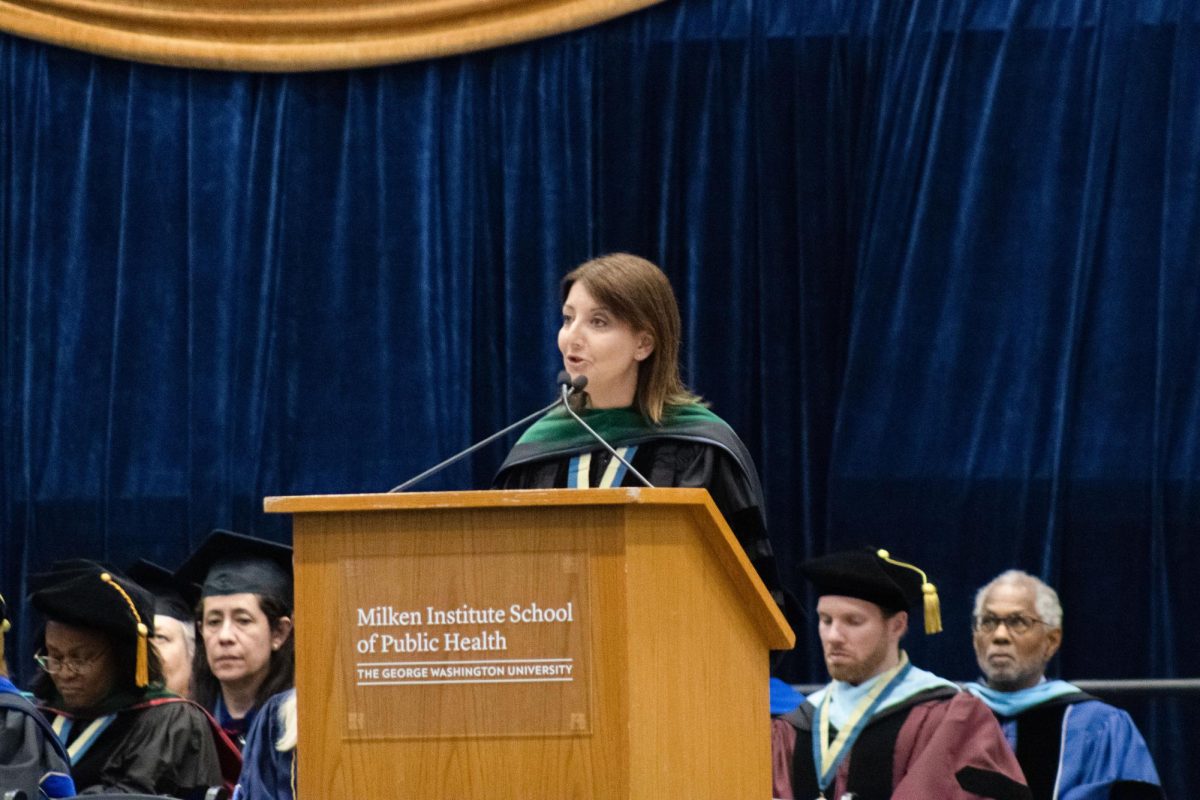The only thing A.I. (Warner Bros.) is missing is heart. All the other ingredients — snappy dialogue, convincing acting, interesting characters, special effects — are there.
Spielberg’s latest fails to offer more than simple intrigue, as moviegoers found themselves walking out before the credits started rolling in its D.C. premiere. It is difficult to understand how a movie with so much potential could end up so unsatisfying.
The story: The ice caps have melted and covered many of the world’s great cities. Resources are scarce. Mechas, robots that are astonishingly human-like, have been created for labor, companionship and, as implied by the storyline, scientists’ own edification. Robot technology has been taken to its highest form, but never has a robot been built that can feel real human emotion – a mecha that can love.
The task is undertaken at the beginning of A.I., which stands for artificial intelligence, and the result is David (Haley Joe Osmond), a boy with fiber innards that loves his mother as much as any human. We follow David on his odyssey of trying to be real, all the while cringing at his treatment at the hand of orgas, or, humans.
The most compelling aspect of the movie is the question that it poses time and time again: what does it mean to be human? Although David asserts his love as he travels with his trusty and charming companion (Jude Law), one gets the nagging feeling that if this troubling world was ours, we would not know how to feel. One comment in the movie strikes intrigue: is it fair to build a machine that can love but won’t be loved back?
While the first hour and a half of the movie is manageable, Spielberg’s new Pinocchio fable loses its footing in the last 30 minutes, ending long after it should. Instead of offering a stoic or mysterious climax, the audience is spoon-fed a torturously long ending whose lack of teeth borders on the offensive and whose style tries to emulate another great artificial intelligence: 2001, A Space Odyssey.
Kubrick certainly had nothing to do with this lack of nuance, although it would not be terribly surprising if a focus group did.
Spielberg’s newest movie is strong, but a lack of a gripping end kills any hope for it to stand with his other momentous films. A person who can sit through a two-and-a-half hour movie might consider seeing A.I. Maybe the special effects or Jude Law’s acting are ripe for that type of person
A.I. is in theatres now




